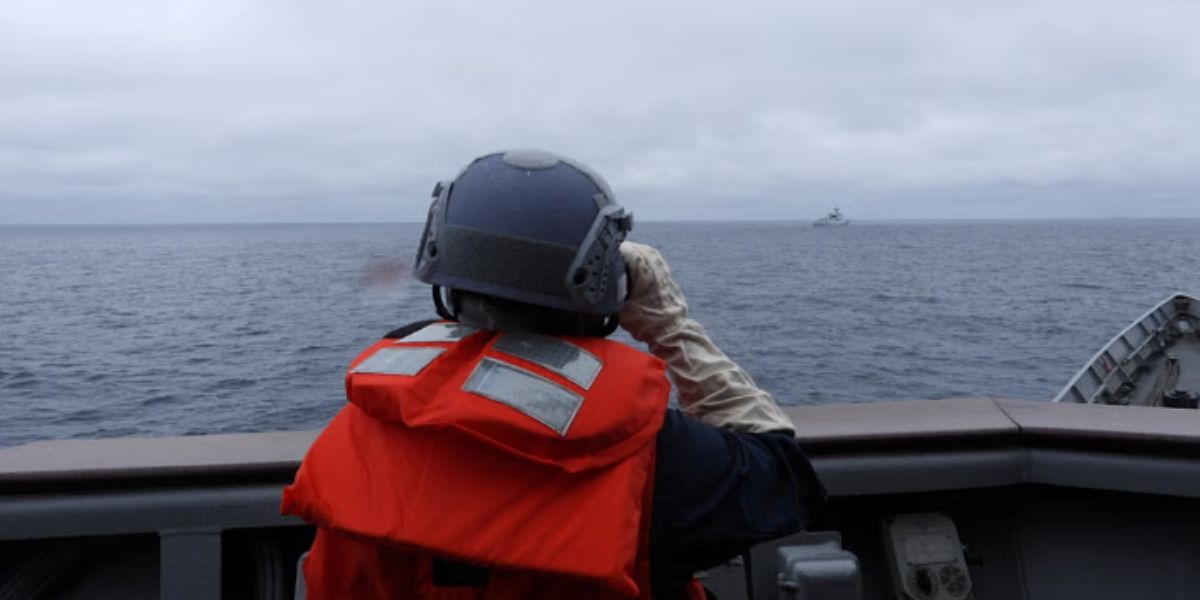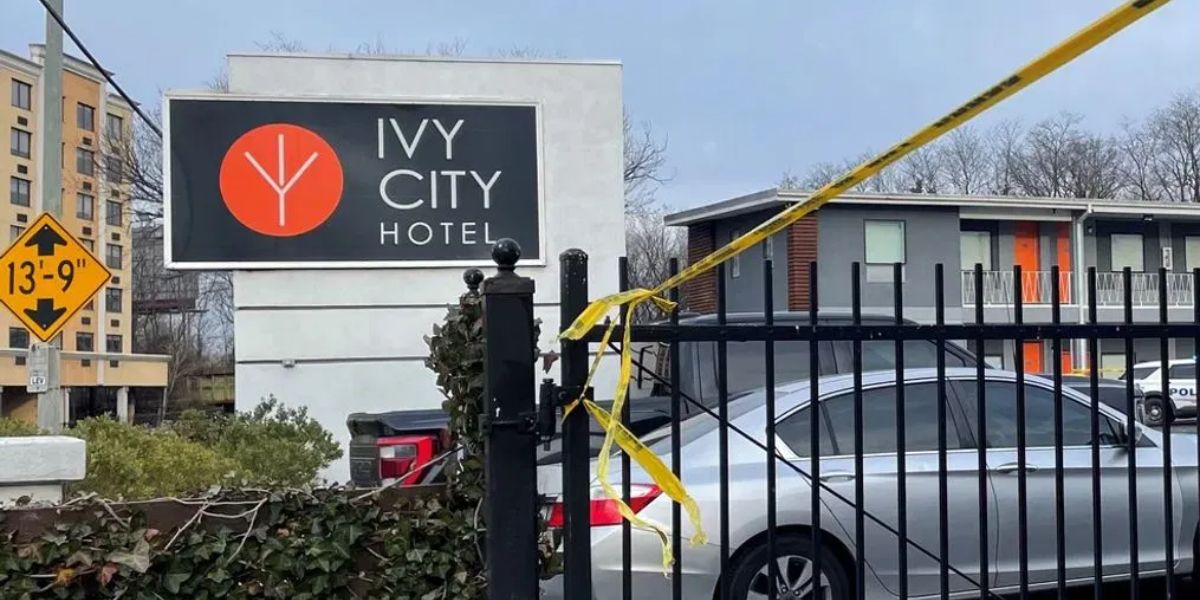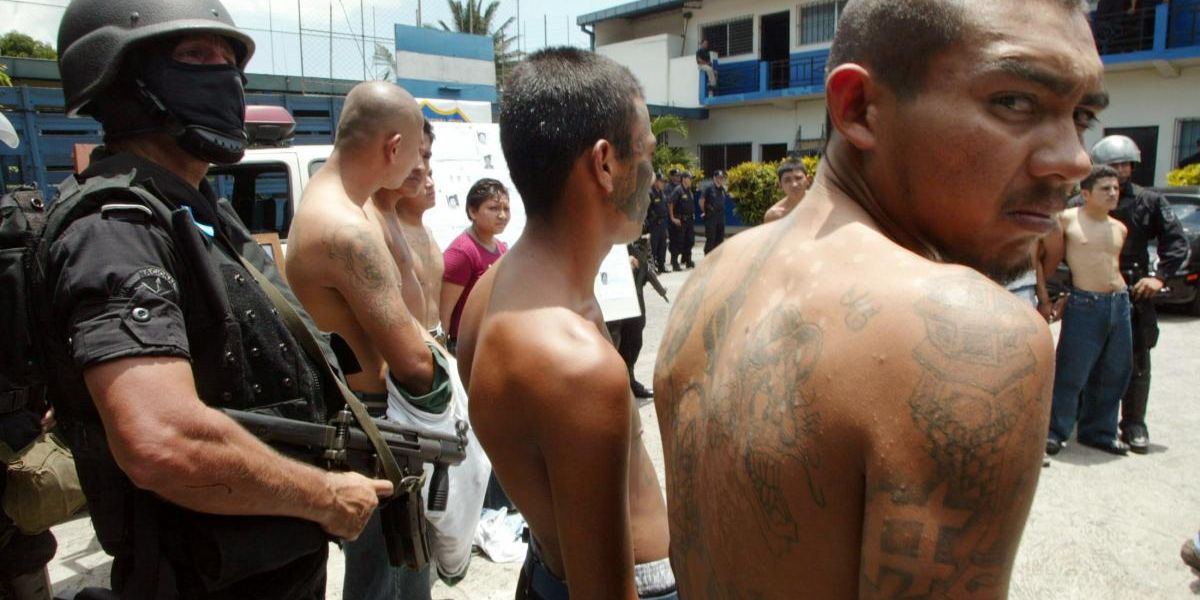Even though Chinese courts have no authority over the democratically ruled island, China escalated its pressure on Taiwan independence separatists on Friday by threatening to apply the death penalty in extreme situations.
China, which considers Taiwan to be its own territory, has publicly expressed its disapproval of President Lai Ching-te, claiming he is a “separatist,” and it held war simulations soon after he was sworn in last month.
Since Lai won the election in January, Taiwan has complained of a pattern of increased Chinese pressure, which includes continuous military operations, trade sanctions, and coast guard patrols around Taiwan-controlled islands adjacent to China.
China’s state-run Xinhua news agency reports that the new guidelines call for China’s courts, prosecutors, public safety agencies, and state security agencies to “severely punish Taiwan independence diehards for splitting the country and inciting secession crimes in accordance with the law, and resolutely defend national sovereignty, unity, and territorial integrity.”
According to Xinhua, the instructions are being released in compliance with existing legislation, such as the 2005 anti-succession statute.If Taiwan secedes or appears set to do so, China will have the legal justification to take military action against it.
Reporters in Beijing were informed by Sun Ping, a representative of China’s Ministry of Public Security, that the death penalty was the harshest punishment for the “crime of secession.”
Read Also: Crisis in Southern China: Deadly Floods Strike as Rains Persist
“The sharp sword of legal action will always hang high,” she stated.
Taiwan’s government did not respond right away. A representative informed Reuters that they were currently processing the information under the revised policies.
The rules specify the offenses that are punishable by law, such as encouraging Taiwan’s admittance to international organizations where statehood is required, engaging in “external official exchanges,” and “suppressing” individuals, organizations, and parties that advocate for “reunification.”
The guidelines allow for broad interpretation because they include an additional paragraph that expands the scope of what could be considered criminal activity: “other acts that seek to separate Taiwan from China.”
Lai has been rejected each time she has offered to have discussions with China. He asserts that the future of Taiwan lies with its people.
Prior to this, China has already taken legal action against Taiwanese officials, sanctioning Hsiao Bi-khim, the vice president of Taiwan and the former de facto ambassador to the US.
Since Taiwan’s government denies Beijing’s claims to sovereignty, Chinese courts do not have jurisdiction over Taiwan, hence these fines have little real-world impact.
Additionally, none of Taiwan’s top officials—including the president—visit China.




